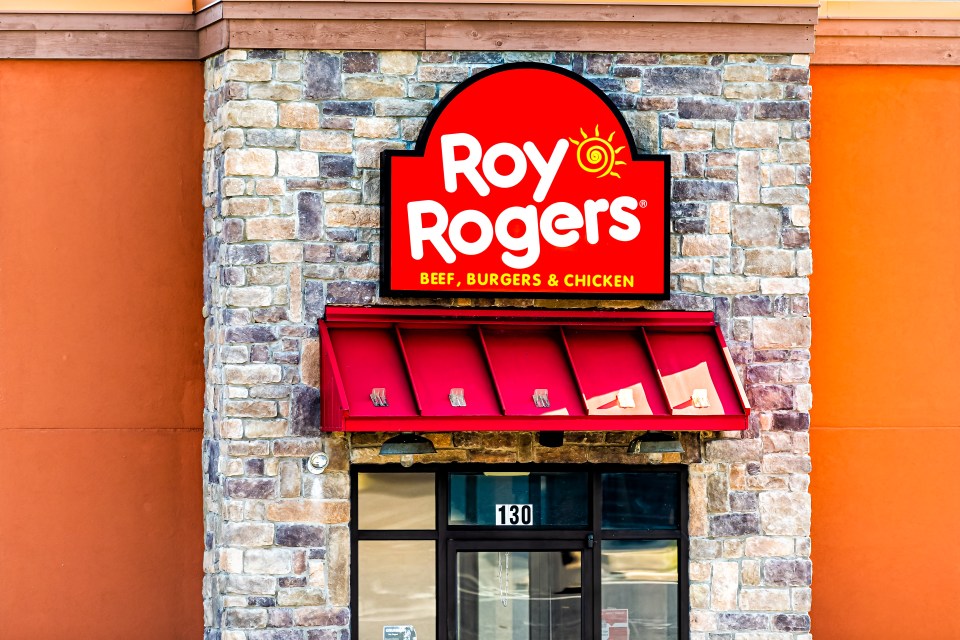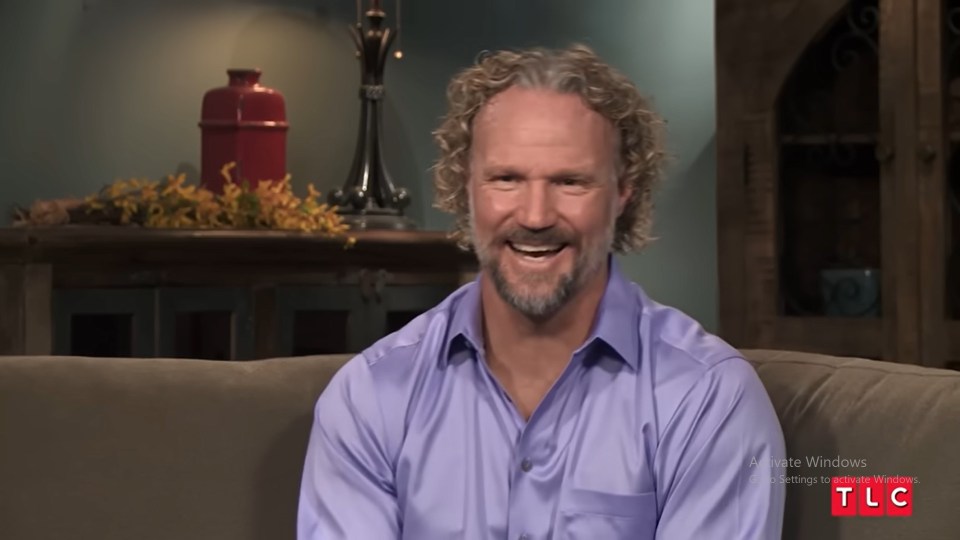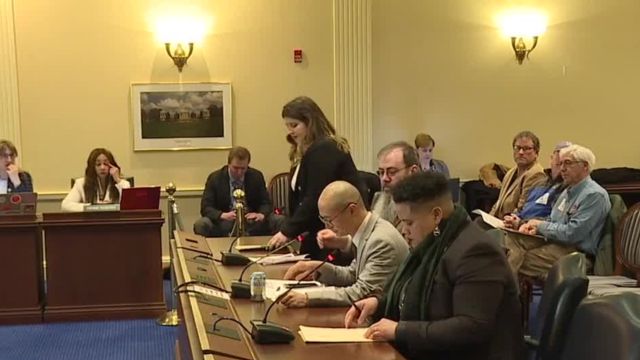A proposed tax would lower the sales tax in Maryland but raise the tax on services
In a move that’s stirring significant debate across Maryland, a new tax proposal presented in the House of Delegates seeks to recalibrate the state’s tax structure. Spearheaded by Delegate David Moon (D-Montgomery Co.), House Bill 1515 proposes a reduction in the state’s sales tax rate from six percent to five percent.
However, the catch lies in the concurrent expansion of taxable services, introducing new taxes on a range of services from legal and accounting to dry cleaning and funerals.
Del. Moon characterizes House Bill 1515 as a conversation starter, aimed at addressing Maryland’s financial dilemmas, including revenue shortfalls and the urgent need for funding in education.
“With limited options available, we’re forced to reconsider our tax policies. Increasing the sales tax would only exacerbate the burden on lower-income households, while budget cuts could compromise essential services,” Del. Moon explained, emphasizing the need for a balanced approach to tax reform.
The proposed expansion covers 10 new categories, broadening the sales tax to services previously exempt. This proposal stems from an inconsistency in tax policy, as highlighted by Benjamin Orr from the Maryland Center on Economic Policy. Orr points out the paradox in taxing tangible goods like shampoo while services such as spa treatments remain untaxed, despite both serving similar consumer needs.
The proposal, however, has met with considerable opposition, drawing dozens to Annapolis to voice their concerns. Critics argue that Maryland’s fiscal issues are more a matter of spending than revenue. Greg Brown, a local restaurant owner, reflects this sentiment, suggesting a reassessment of state expenditures rather than imposing additional taxes on businesses and consumers.
The debate has also ignited among Republican lawmakers, particularly around the contentious issue of taxing funerals. Del. Robert Long (Baltimore Co.) lamented the irony of facing taxes even in death, encapsulating the broader concerns over the scope of services being considered for new taxes.
Acknowledging the need for a nuanced discussion, Del. Moon is open to amending the bill, especially concerning services that may be sensitive or controversial, like those related to funerals.
“The proposal is meant to initiate a dialogue on how we can equitably distribute the tax burden while ensuring the state’s financial health. It’s clear that some services, upon closer examination, may not be suitable for taxation,” Del. Moon stated, emphasizing the importance of a thorough legislative review process.
House Bill 1515 faces a challenging journey ahead, with political hurdles in both the Senate and from Governor Moore, who has not included tax increases in his budget. As Maryland navigates these proposals, the outcome will undoubtedly have lasting implications on the state’s fiscal landscape and its approach to balancing revenue needs with taxpayer fairness.











